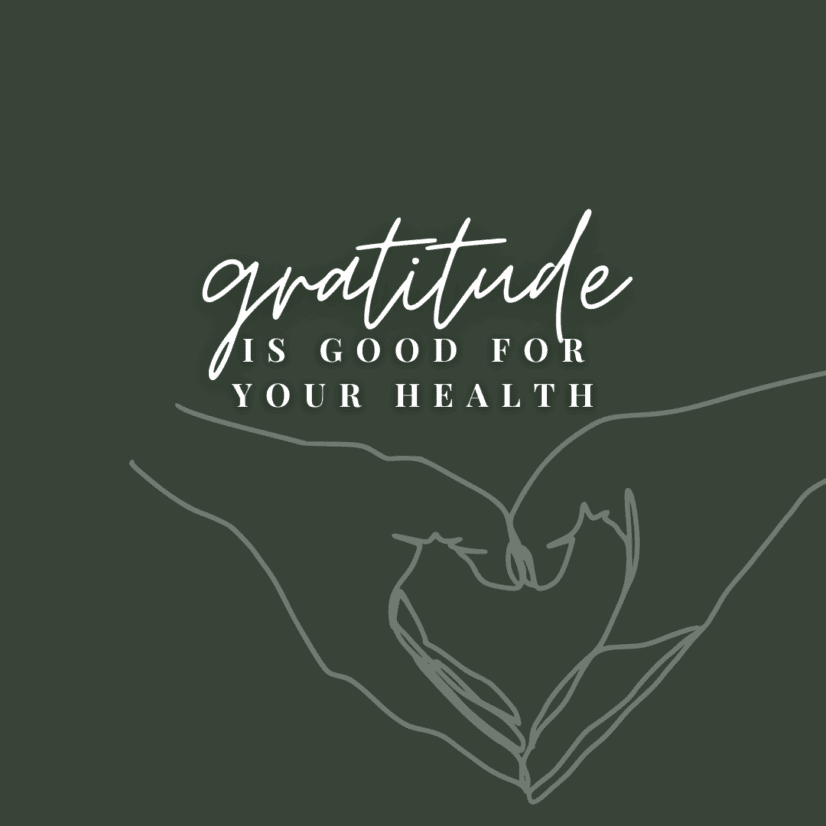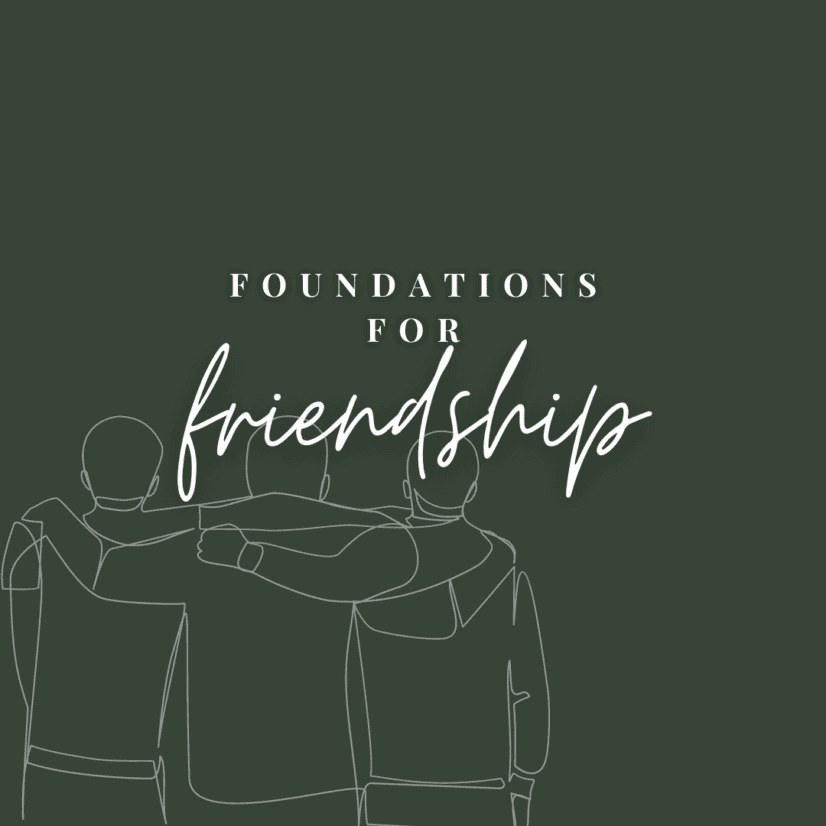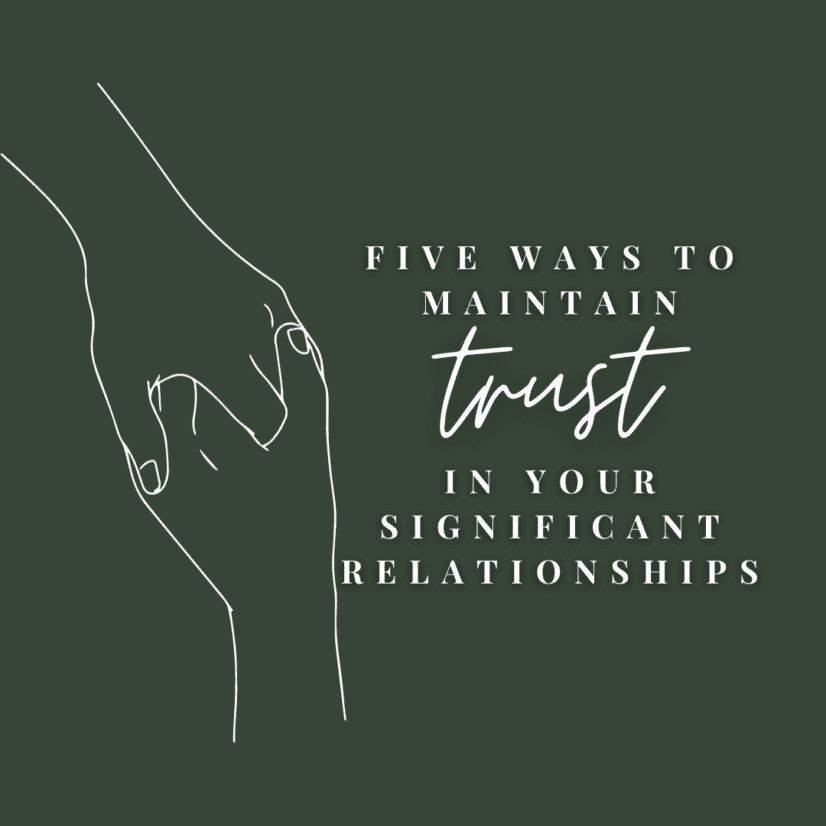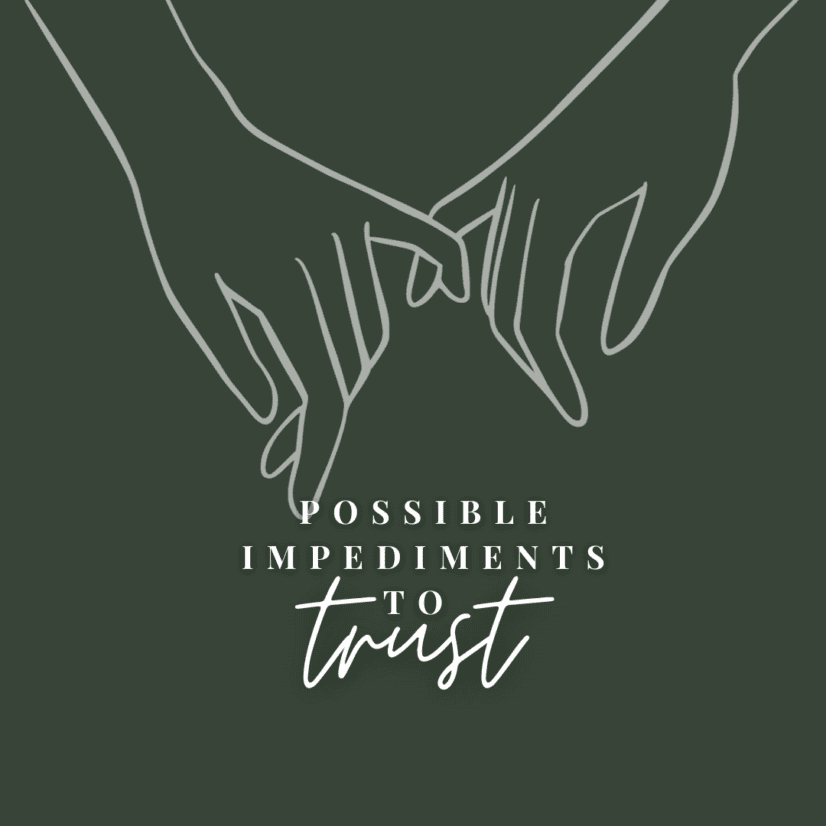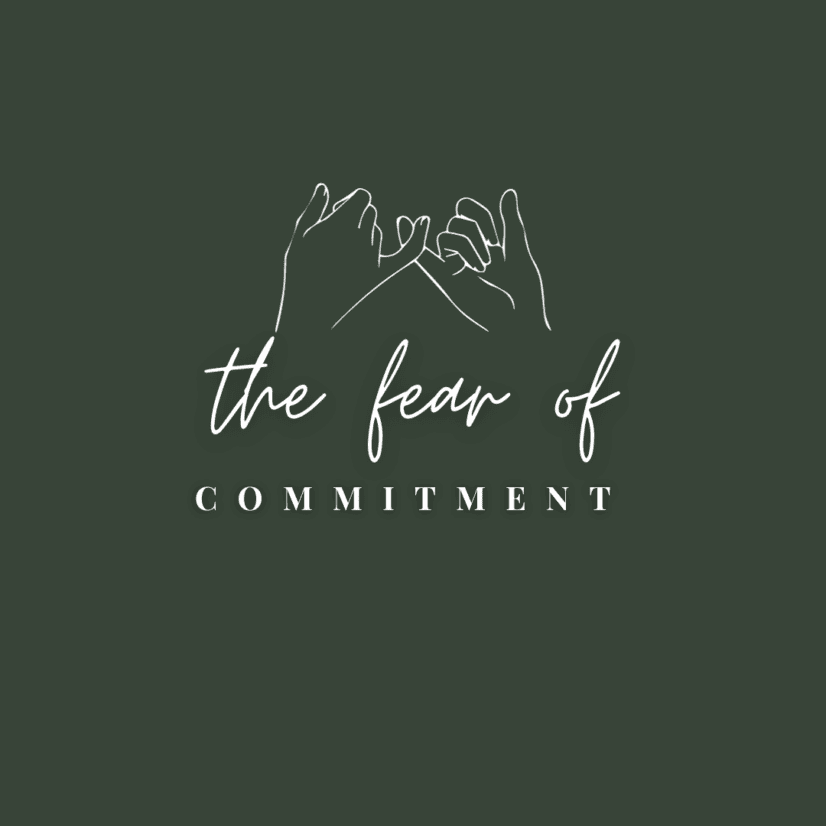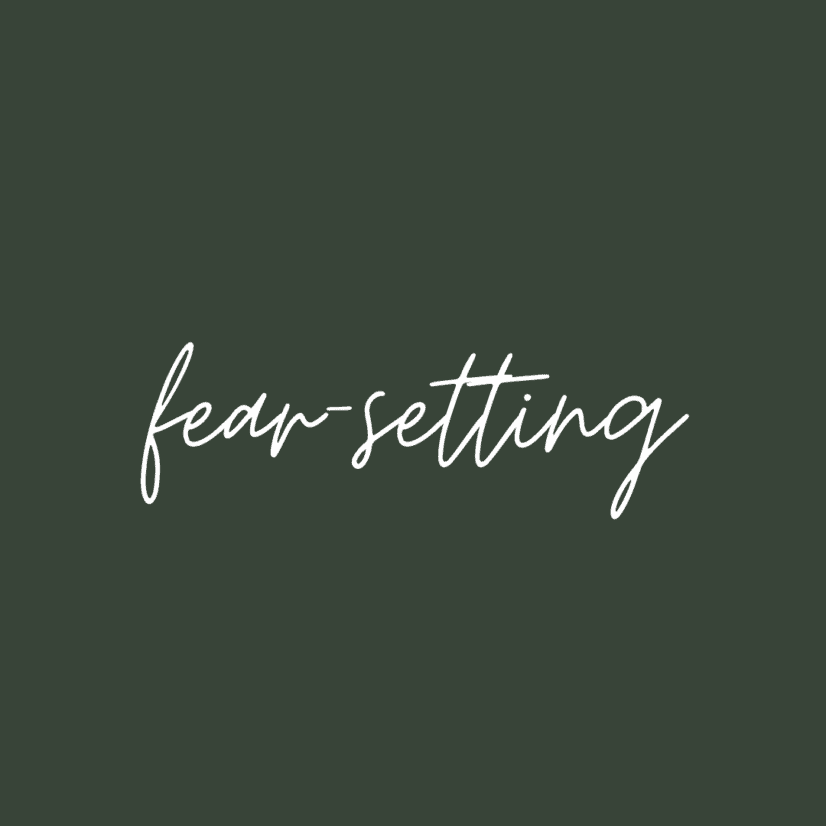I was doing some nerdy reading recently and stumbled on a scholarly publication called “The Journal of Happiness Studies.” Yes, please! Basically these scholars review and approve articles all related to Happiness. Turns out study after study has been done to try to break the code on how to make us happier.
Gratitude is Good for Your Health
This always makes me think about how gratitude shows up in my everyday life. When I am really serious about being grateful the things that come up are my family, my health, and the connections I have. So, why do I spend so much of my time focused on other things?
The Definition of Gratitude
We often interchange the words “thankfulness” and “gratitude”. And while they are related in definition, if we look closer, we can see a few differences.
The Power of Gratitude
Gratitude and appreciation can be healing and increase your overall happiness. Research by psychologists recently has found that intentionally incorporating thankfulness into your life causes an improvement in mood and well-being. It’s a shift in the way you see things, and changes you from a glass half empty to a glass half full person. It sounds overly simplistic, but it really works.
Foundations for Friendship
Life is filled with ups and downs. The more emotional a situation is, the more complicated and thorny can be the decision process one engages to rightly decide which avenue to venture. A strong foundation of friendship is imperative before offering advice or asking for it.
Five Ways to Maintain Trust in Your Significant Relationships
Because trust is a cornerstone element, it’s important to evaluate and know where you stand with your partner with regard to trust and to intentionally work to strengthen trust.
Possible Impediments to Trust
Most people readily agree that trust is an essential component of healthy relationships. But it can be a difficult concept to grasp, particularly if we’ve had limited exposure to healthy, trusting relationships.
The Fear of Commitment
When you think about commitment, how does that make you feel? Does your heart race? Do you feel faint? Do you feel the need to literally run? These are real feelings of men and women who have a fear of commitment. These fears are usually rooted in fear of missing out on other opportunities or fear of making bad decisions.
Think About Your Thoughts
Cognitive distortions are common ways in which thoughts become skewed, causing people to feel depressed and anxious, among other things.
Fear-Setting
If you looked at the title of this blog and thought “What is fear-setting?” you are probably not alone. This was a foreign concept to me as well before I recently watched Tim Ferriss describe fear-setting in his TED Talk, “Why You Should Define Your Fears Instead of Your Goals”.


